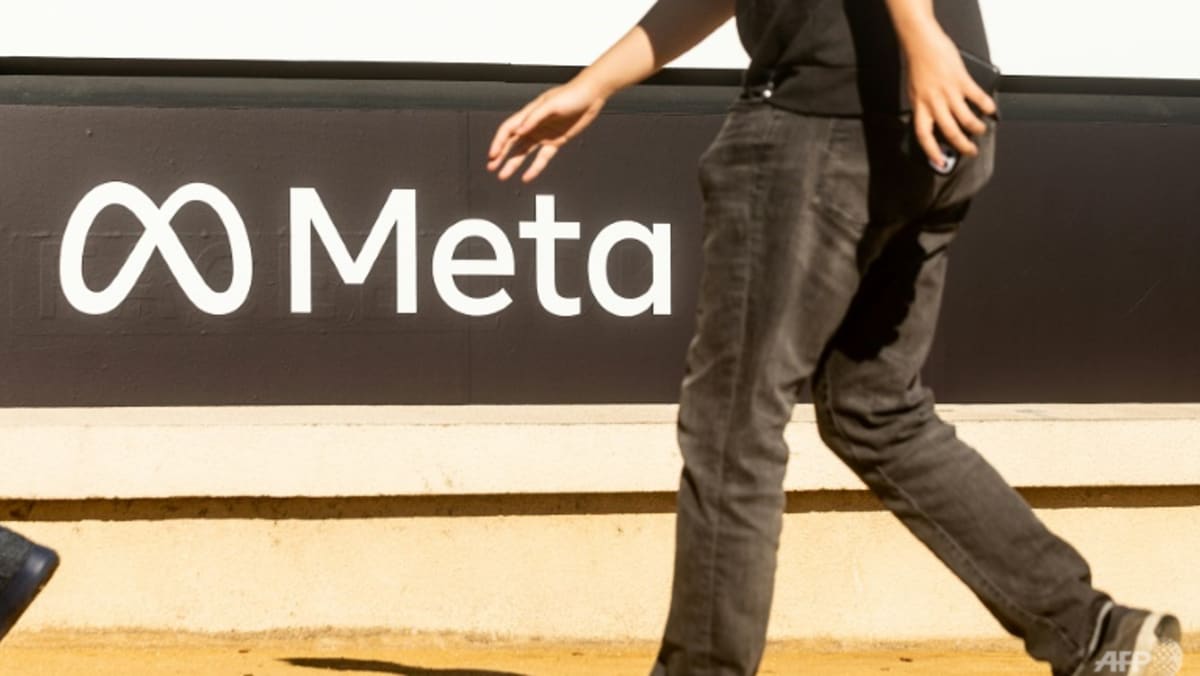Commentary: Meta layoffs reveal a deeper truth – tech exceptionalism is dead
At Salesforce, for example, CEO Marc Benioff for years was able to defy calls to grow the company’s profitability alongside revenue. Now, as he faces off against a half dozen activist investors, he has cut his workforce by thousands and has lasered in on profit margins.
For Zuckerberg, broad restructuring also lets him quietly pull back on business ventures that don’t seem to be going anywhere, such as his misguided efforts to sell virtual reality headsets to employers.
SILICON VALLEY’S HERD MENTALITY
One source of inspiration for slimming down comes from none other than Elon Musk, who has decimated Twitter’s staff since acquiring the social media platform last year. It has gone from 7,500 employees to about 2,000, with reportedly an additional 10 per cent of employees cut as recently as last month.
That Musk has somehow been able to keep the social media platform running – many would argue just barely – on a demoralised skeleton crew has likely given other tech CEOs license to reevaluate the scale of their own operations and their ability to do more with less.
Silicon Valley enterprises tend to work in a herd mentality. They hire together as a pack, and they fire together as a pack. That’s one reason why so many of the initial cuts across the sector fell in the 6 per cent to 10 per cent range of a company’s overall head count. There doesn’t appear to be any real magic to those numbers, other than that’s what the other guy was doing.
With Meta now hitting a nearly 25 per cent staff reduction, there is a very real likelihood that others in the tech world will follow suit. But if there was ever a time to break free of tech’s groupthink mentality, this is it.
The companies that apply more rigour to their layoff decisions than they did to their freewheeling hiring will be the ones who reap the greatest benefit in the long run.
For all the latest business News Click Here

